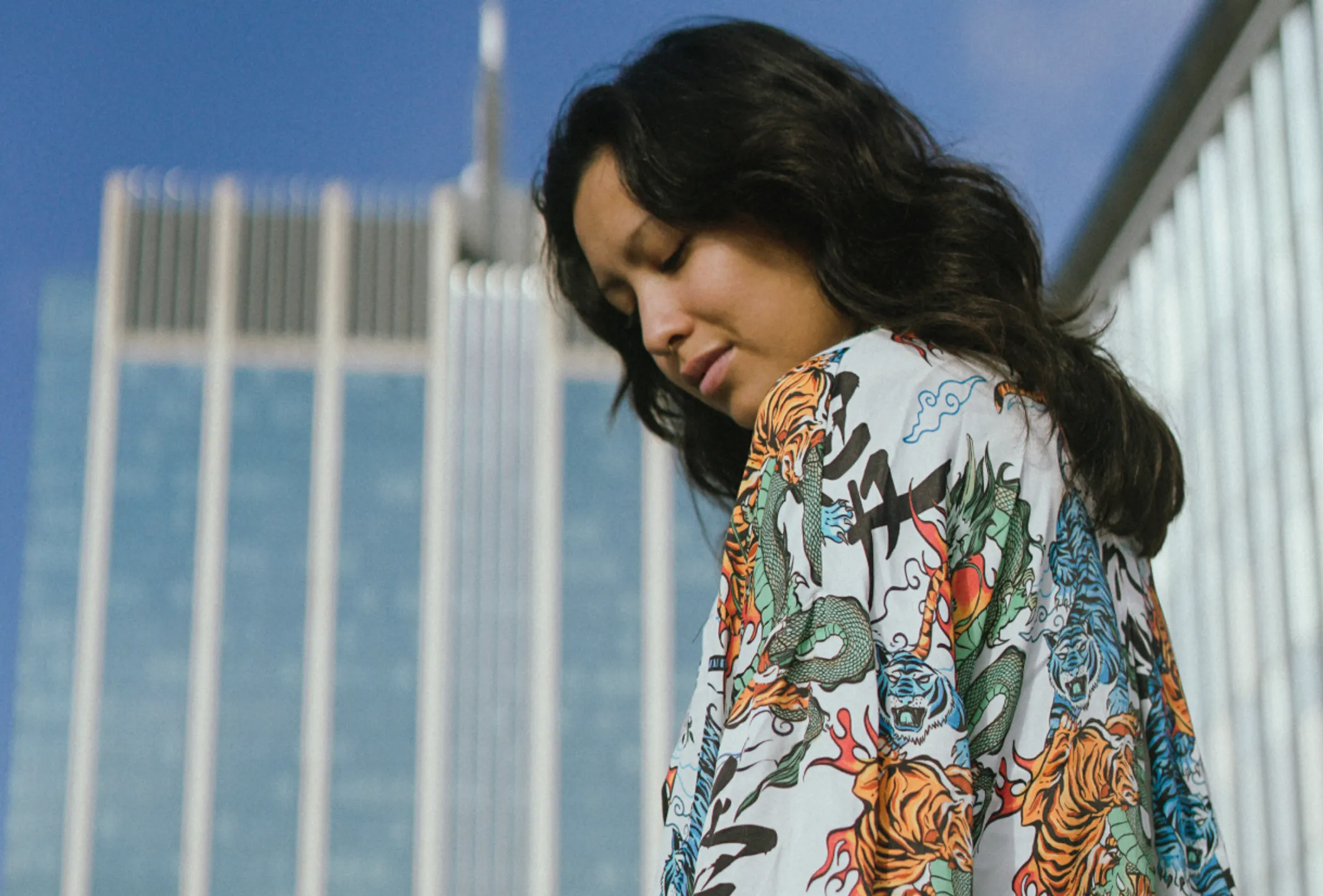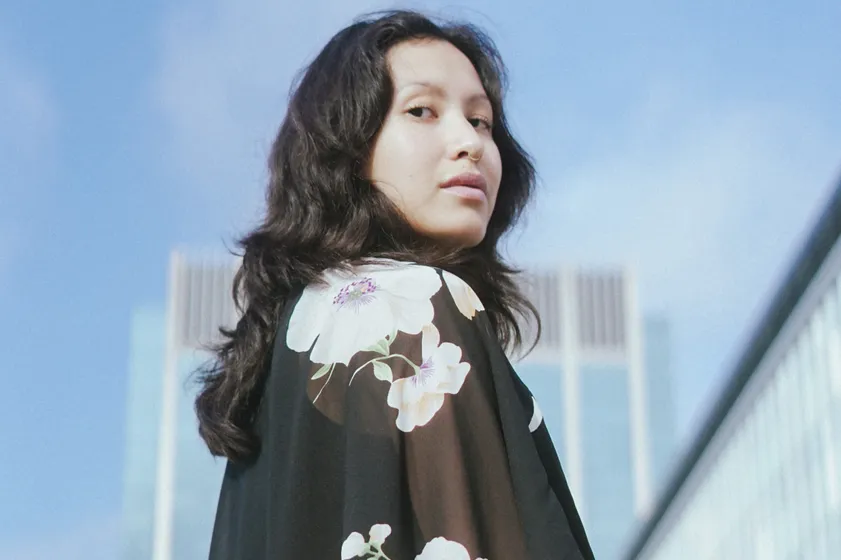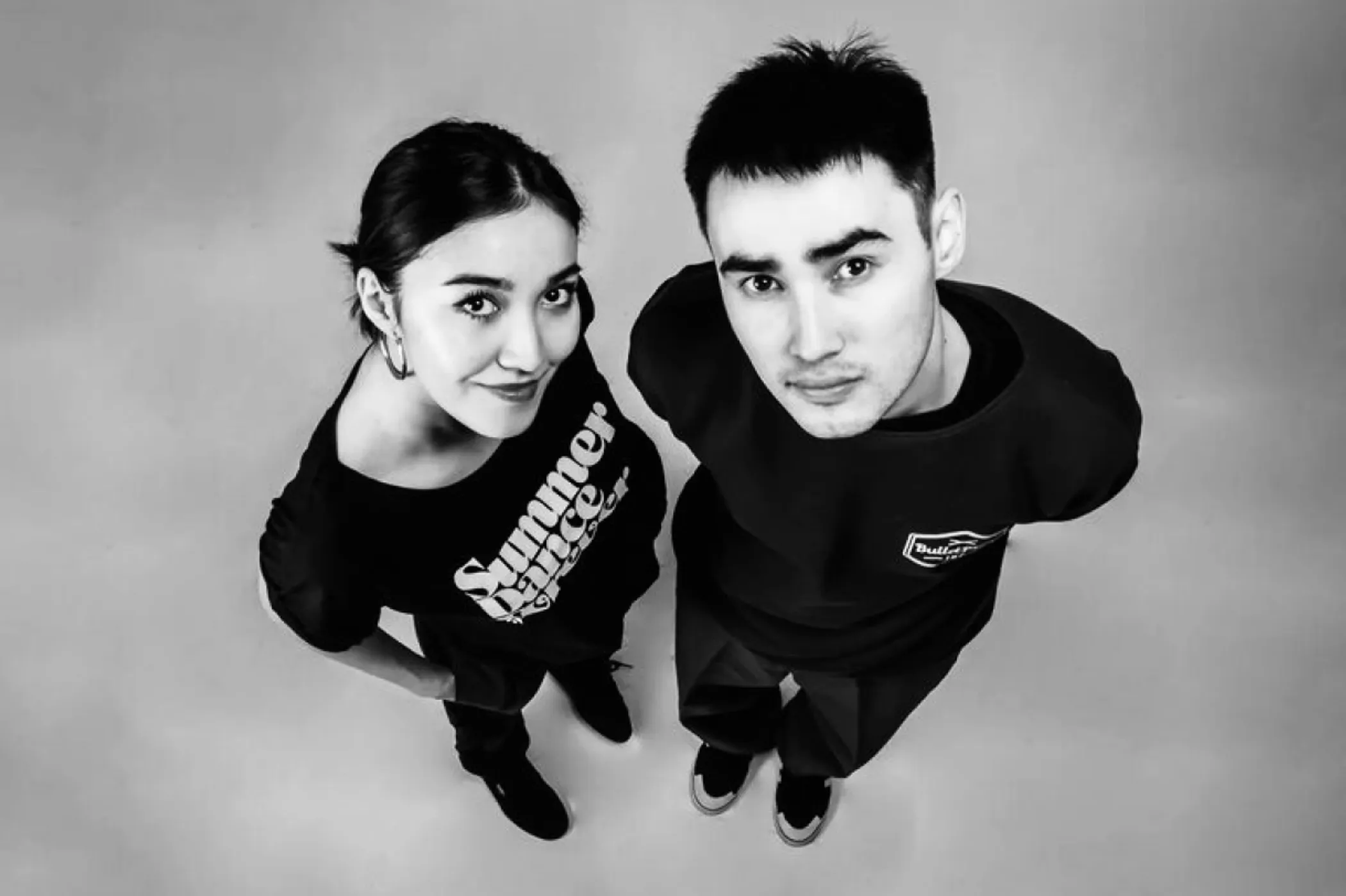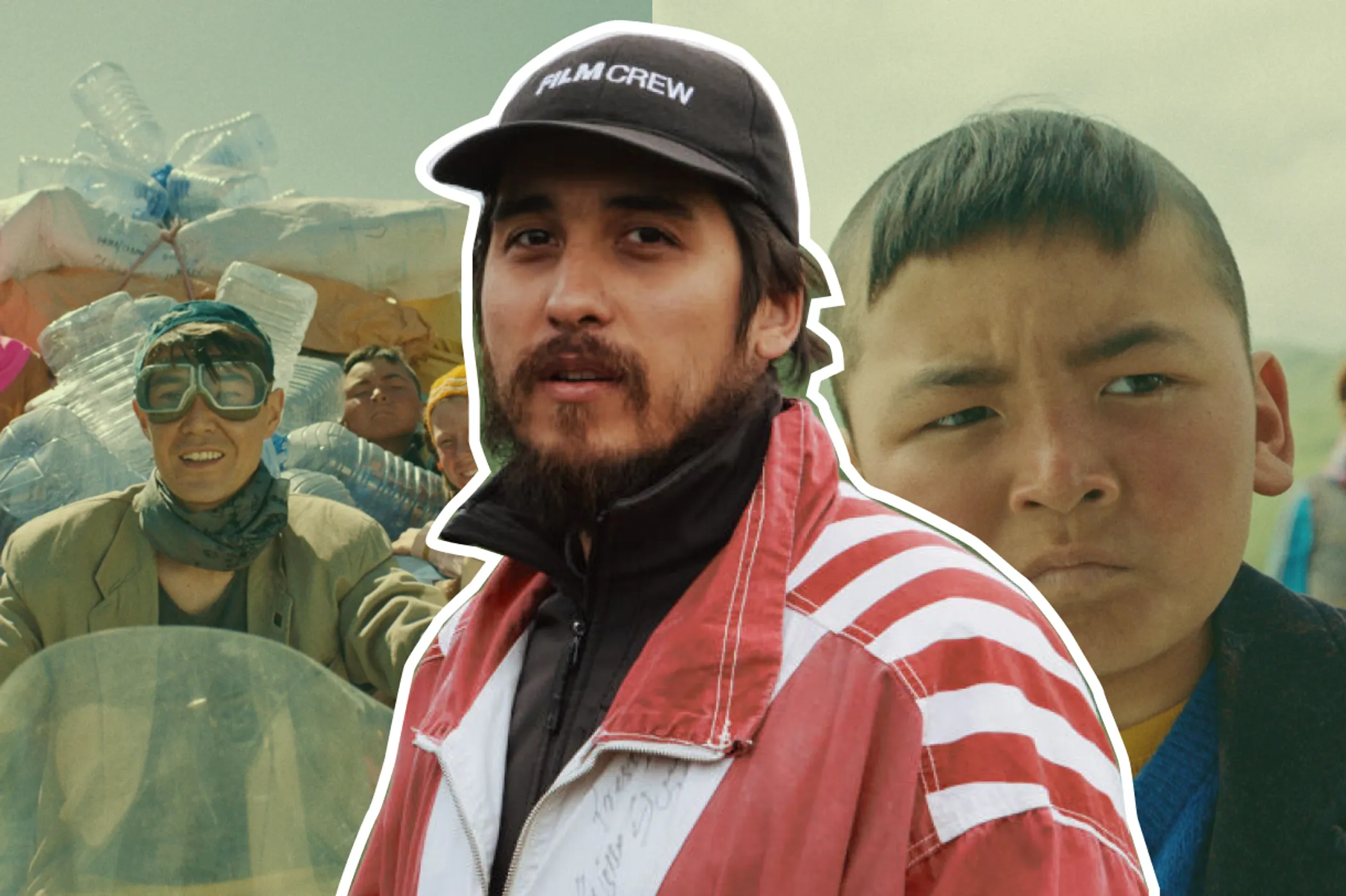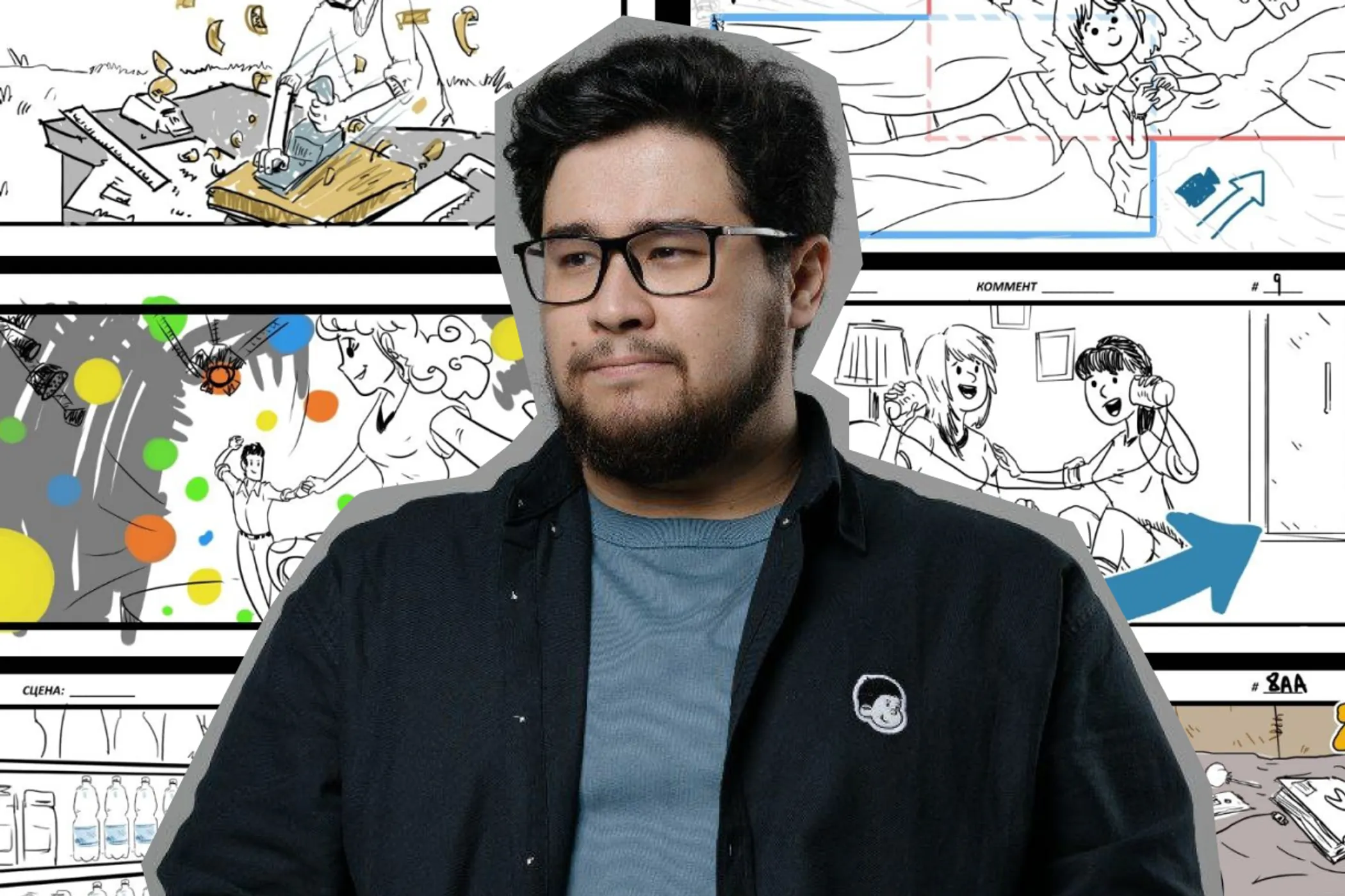A twist of fate resulted in Saltanat Bertels’ (aka Asian Sal) growing up in a big nurturing Belgian family. She was adopted when she was two years old, becoming the first Kazakh adoptee in Belgium. However, no life challenges seem to tame her free-spirited persona. She didn’t just rise to the occasion, she is pushing things forward in her own way, finding her metier — to create alchemy behind the DJ mixer.
Saltanat lives and breathes electronic music, although she low-key considers herself a ‘newbie’ DJ. With upcoming gigs like Tomorrowland festival under her belt, it’s only a matter of time until the 24-year-old Semey-born DJ becomes a household name.
Before the summer festival season, QazMonitor caught up with Saltanat to talk about her DJing journey, musical influences and finding a balance between her daytime job as a social worker and a busy music career.
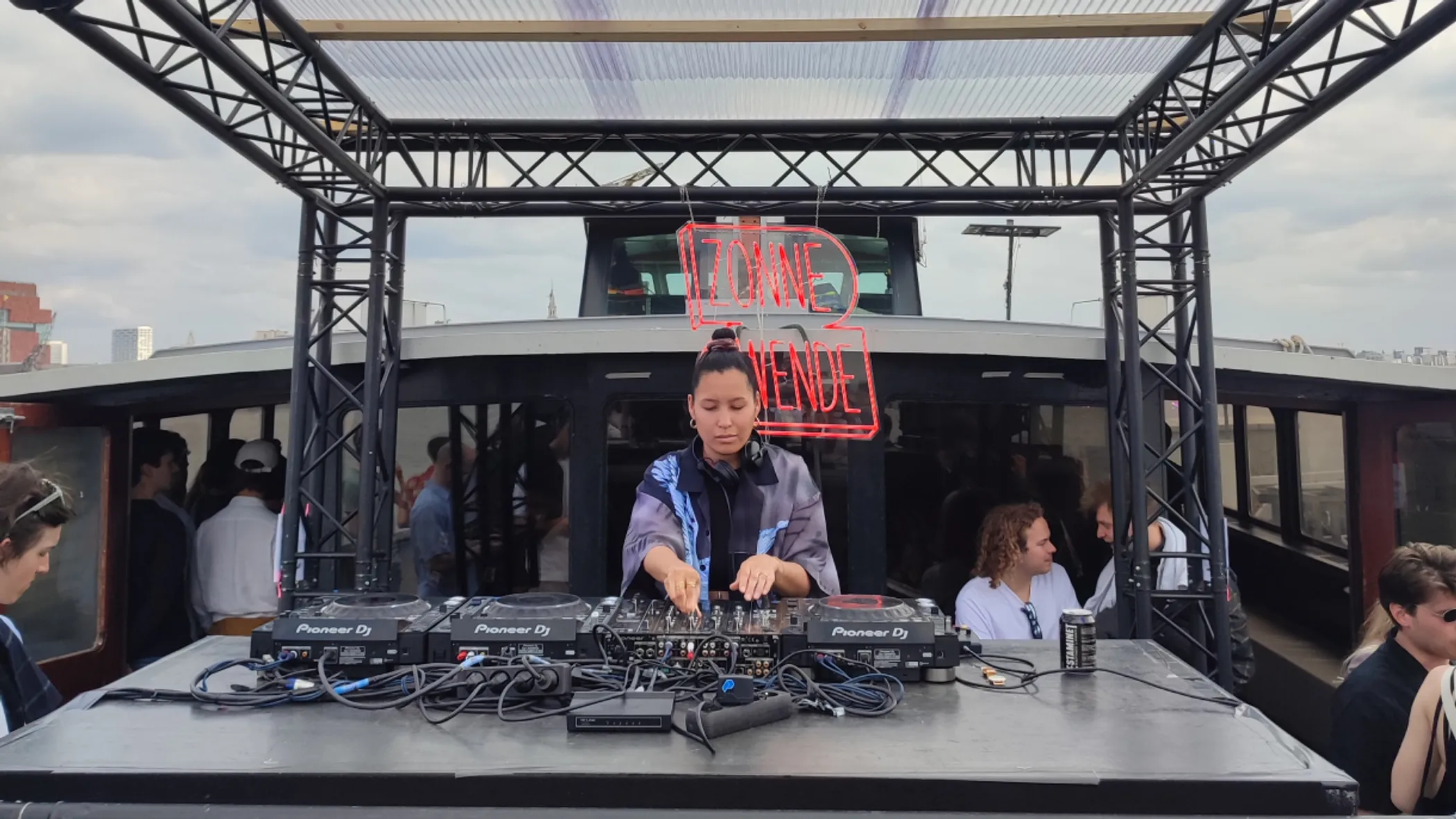
How did you get into electronic music?
Well, when I was a student I used to work in a little bar in my hometown, and on some weekends we invited different DJs. I remember being behind the bar, watching them playing. I was really inspired. That’s the reason why I started DJing. It all began during COVID. Just right before it I took some DJ classes as a present for my birthday, and when pandemic hit the world I had plenty of time to practice and hone my skills. Then I uploaded my first mixes online, which a lot of my friends liked. It gave me a sense of purpose to continue on this path.
Two years later I went to Bali on vacation to visit my nephew, where I coincidentally met two Kazakh people, who had a DJ electronic school called Desoner and I spent two months there polishing up my techniques, getting involved more with electronic music. I think this encounter was some sort of sign from the universe. [laughs]
What genre do you gravitate to?
I really like house music scene – 90’s house, progressive house, acid house, a little bit of trance music, sometimes I play 8-bit. Yeah, I think that’s my sound.
Do Kazakh roots impact your music by any means?
Sometimes I add some tribal sounds to my sets, eastern-inspired ones.
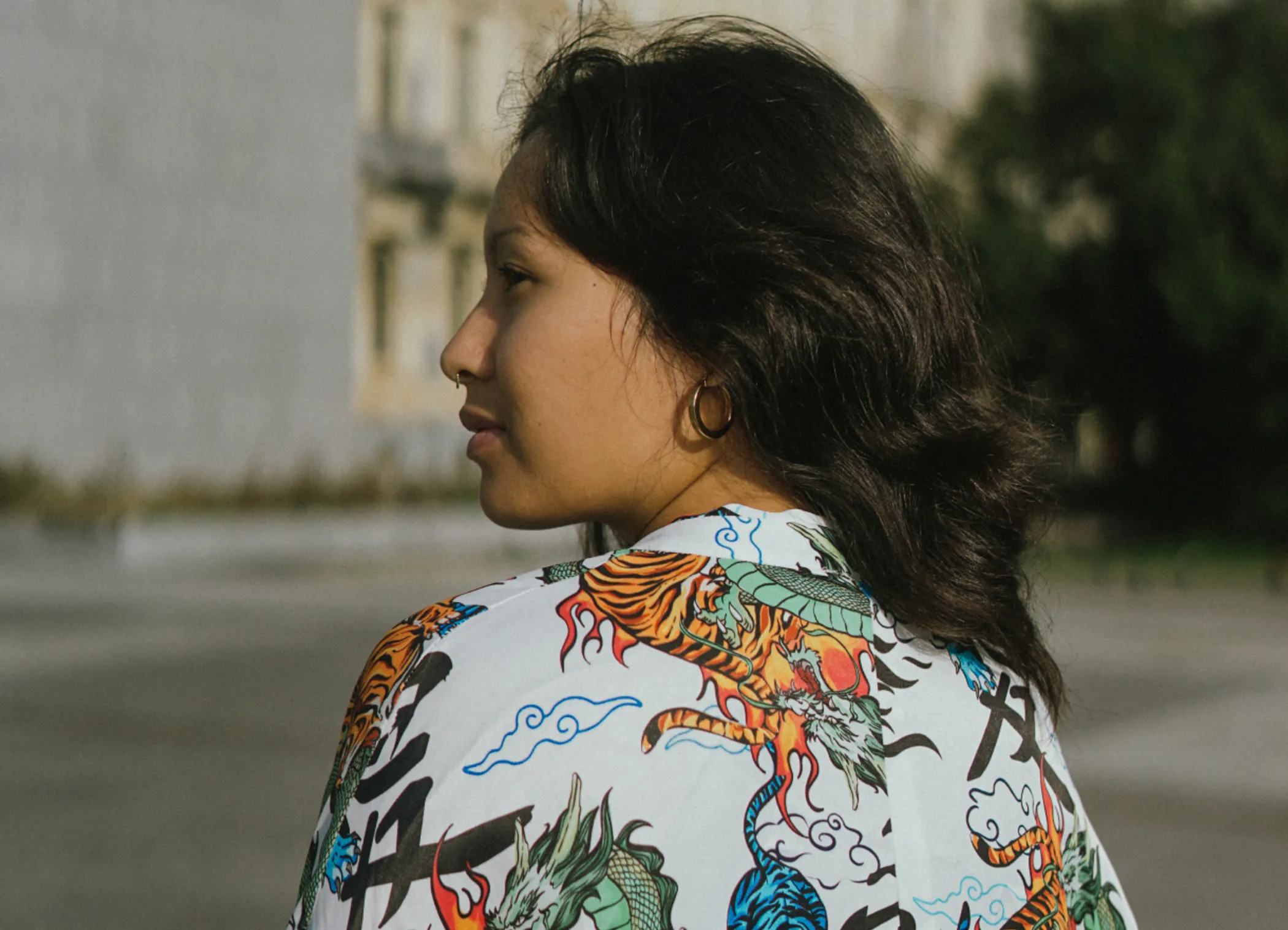
You are also a social worker in adoption agency. How do you find balance between your day job and night gigs?
I work at the adoption center alongside my mom, who actually started it. I mean, I really don’t know, it’s about the energy I got from the people, the crowd…It keeps me doing the thing I really love to do. So the main focus right now is that I can grow as a DJ to make it my main job.
Does dealing with adoption issues on an everyday basis affect you emotionally?
No, it’s ok. There was a really open and transparent way of nurturing me, when I was a child. Actually in 2016 I went to Kazakhstan to find my biological parents, but sadly it was a dead end. But at least I tried, and I gave it a good place in my heart. And that’s how I became a person I am today. In hindsight, that was a good experience.
What was your favorite thing about our country?
It’s definitely the nature!
Who do you look to for inspiration?
At the moment I really like France and Brasil-based DJ Flo Massé who plays vinyl records, which is something I admire. Also, I like Christian AB and Aida – Canada-based DJ with Iranian roots. Her DJ name is the same as my sister’s who also was adopted from Kazakhstan.
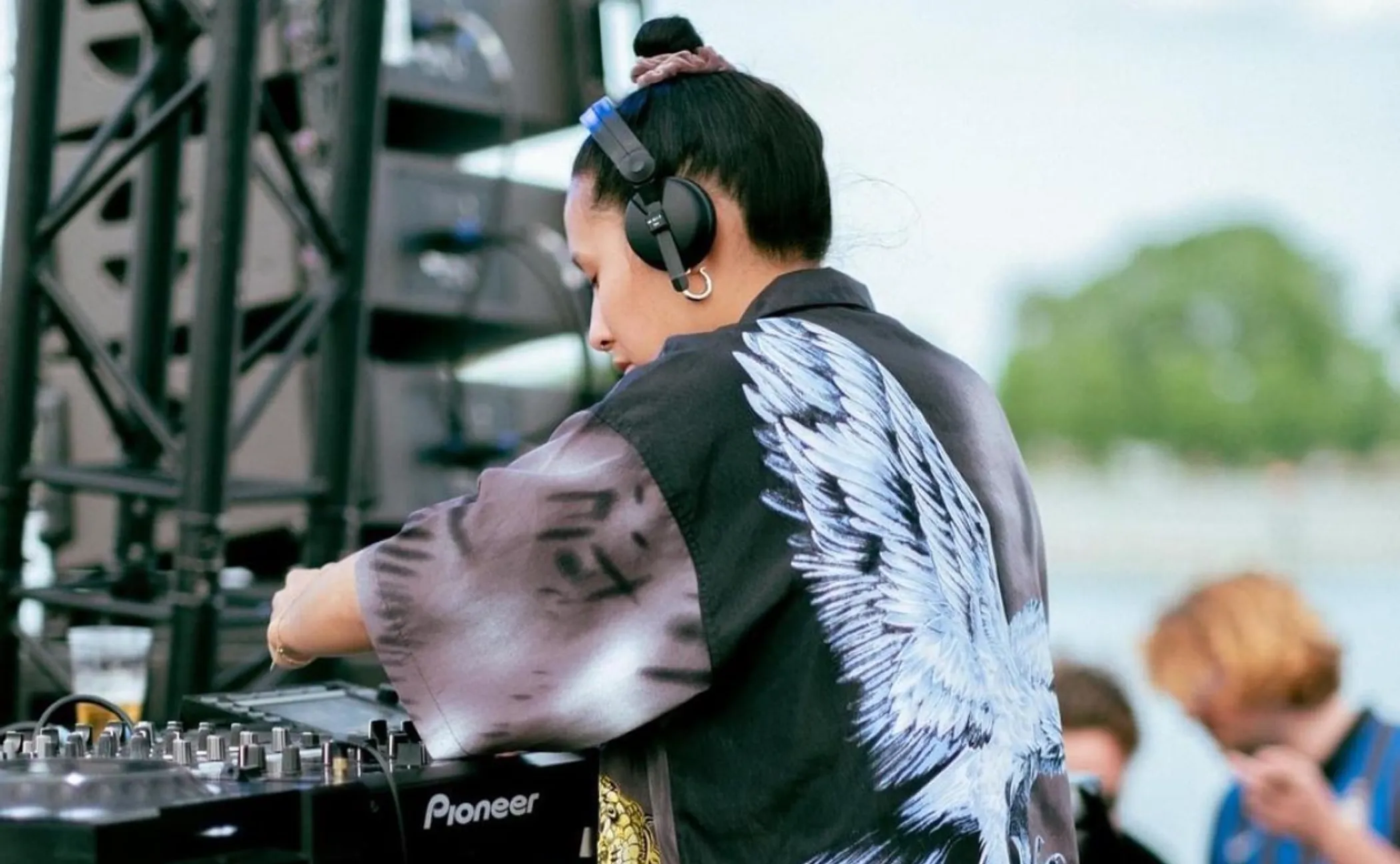
What do you find challenging about DJing?
As for me, it is not to fixate too much on my preparation. I mean, I am in the beginning and right now I prep a lot, but that’s par for the course. I’m trying to let go a bit, more living in the moment, freestyling and feeling the crowd.
Do you think there is a lack of women DJs representation in the industry?
Yes, in my opinion, there’s not enough female DJs in the scene, but I think that’s changing a lot at the moment. It’s a growing progress, especially in Belgium right now, most people are aware of the issue and they are trying to put more female DJ’s on the line up. I also notice that in myself, I get quite a lot of playing opportunities. I'm very grateful for that.
On the other hand, I sometimes ask myself whether they want to book me because I am a good DJ, or because I am a woman (and have Asian roots) and so they are more likely to choose a more diverse lineup for their event. That's something I think about sometimes, but at the same time, all the playing opportunities make me a better DJ.
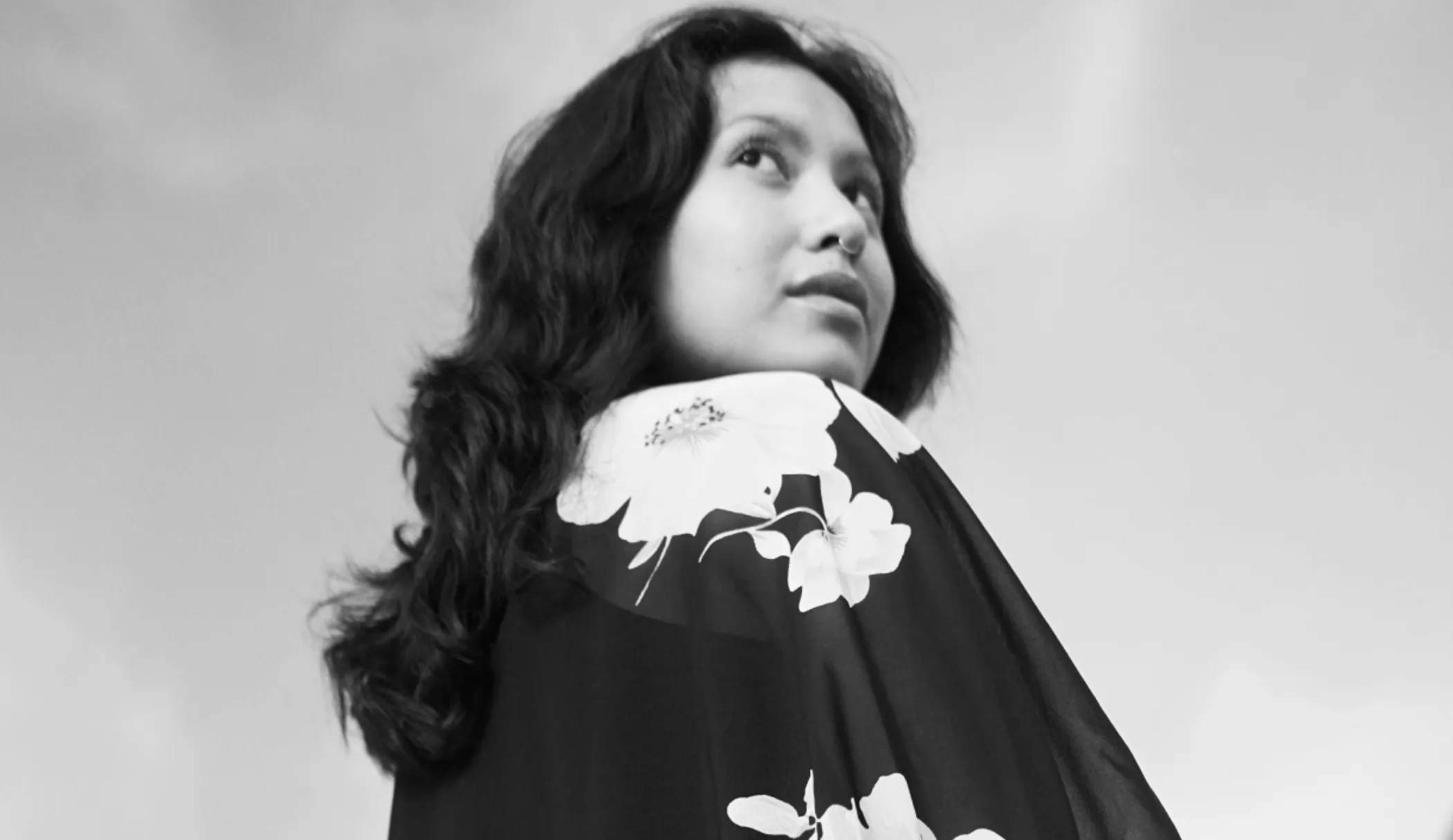
What would you note as your career highlight so far?
Two weeks ago I was a part of ZonneWende’s boatparty with a total 400 people, I suppose. So as an upcoming DJ I started at the first DJ slots. When it comes to some venues, often the dancefloor is almost empty during the opening act. But it was a boat, where everybody centered on the deck, there was no way out. So things have taken a different turn. When I started, everybody was there to listen to me. The crowd was really hyped, especially afterwards they gave me a lot of compliments like ‘I really loved your set’.
Are there any dream festivals you’d like to be a part of?
Amsterdam’s Dekmantel became my favorite festival, since I visited it five years ago. It was the ultimate form of eye-opener, being a different take on what electronic music is. Also, I like Dekmantel Selectors in Croatia, Horst Art & Music festival in Brussel, and last but not least Tomorrowland, which I’m playing this summer.
What do you think is next for you in terms of your music?
I think, I’ll shift my focus to the technical side of DJing. As soon as I feel ‘I got it’, especially confidence-wise, I’d like to start producing more of my own music. But it's progress and we’ll see what the future brings.
Any plans to visit Kazakhstan to play your music?
Maybe in the future, I would love to!
